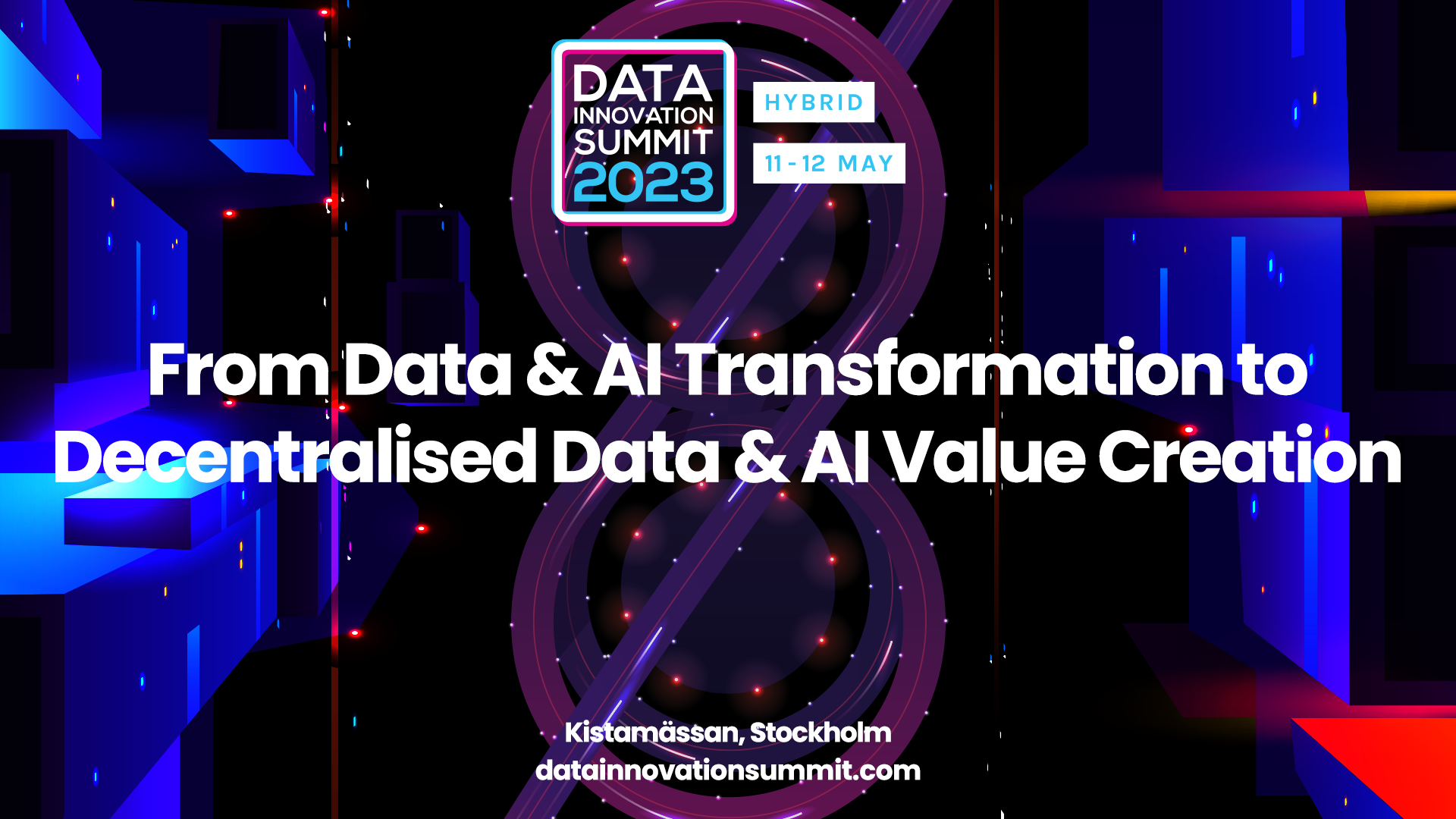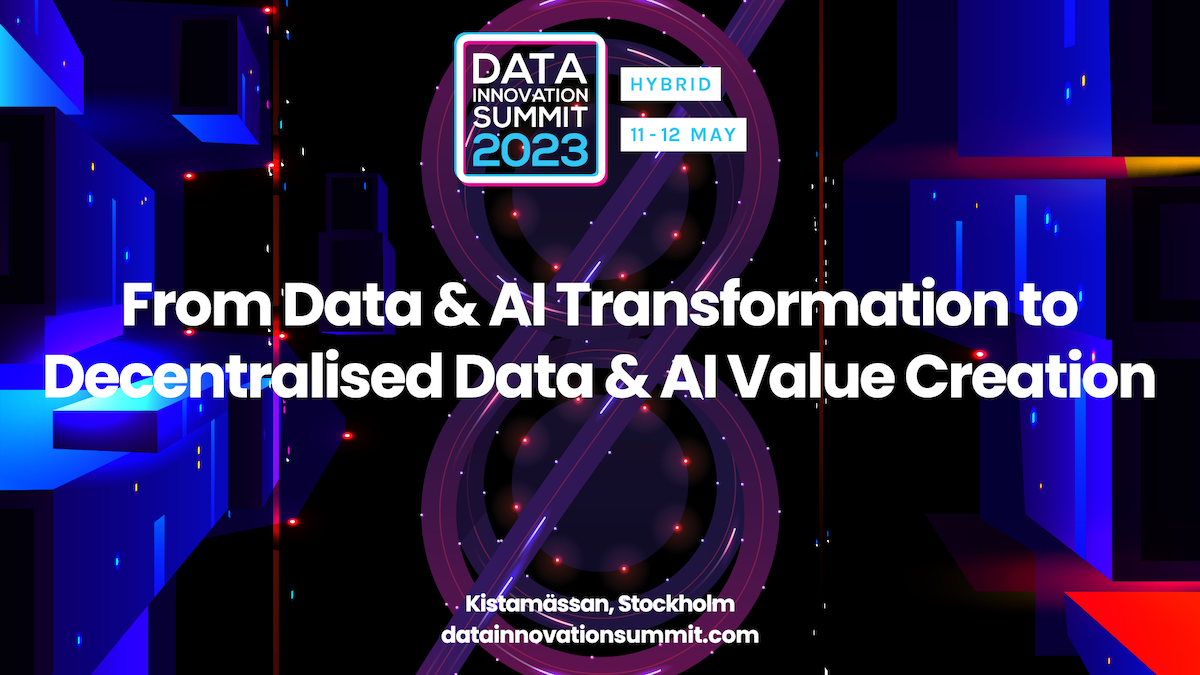Session Outline
New large ML models are making headlines on a regular basis, from OpenAI’s releases like GPT-4, Dalle-2, and Whisper, to open source projects generating cutting-edge models, such as Stable Diffusion, OpenFold, and Craiyon. In his talk “Understanding the Landscape of Large Language Models,” Thomas provides an overview of the landscape and demonstrates how teams utilize Weights and Biases to accelerate their work. He discusses the role of LLMs across industries, their ability to overcome previous limitations in natural language processing, and potential advancements. The importance of transformer models at the core of LLM architectures like GPT and BERT is highlighted, along with their capacity for improving text understanding, generation, and exploration, as well as enabling multimodal applications.
Addressing the necessary training and optimization of LLMs for successful implementation, Thomas sheds light on suitable paradigms like pre-training and fine-tuning or pre-training and prompt engineering, as well as domain-specific adaptation and the use of suitable tools. He also showcases how Weights and Biases helps organizations optimize their models and experiments, ensuring efficiency, flexibility, and ease of collaboration in various projects. Lastly, we emphasize the need for responsible LLM deployment, addressing concerns related to potential manipulation of public opinion, speech censorship, and reinforcement of biases. By delivering an overview of the ever-evolving landscape of large language models, the talk provides insights into the role of LLMs in various applications, industries, and responsible AI development.
Key Takeaways:
- Importance of LLMs: Large language models have revolutionized natural language processing, enabling improved text understanding, generation, and exploration across various industries.
- Transformer model’s role: The transformer model serves as the basis for powerful LLM architectures like GPT4 and BERT, enhancing text understanding through attention mechanisms.
- Training and optimization: Successful LLM implementation requires proper training through paradigms like pre-training and fine-tuning or pre-training and prompt engineering, as well as domain-specific adaptation and suitable tools like Weights and Biases.
- Responsible LLM deployment: Addressing potential concerns, such as manipulation of public opinion and reinforcement of biases, is crucial for responsibly deploying LLMs in diverse applications, ensuring ethical and beneficial outcomes

